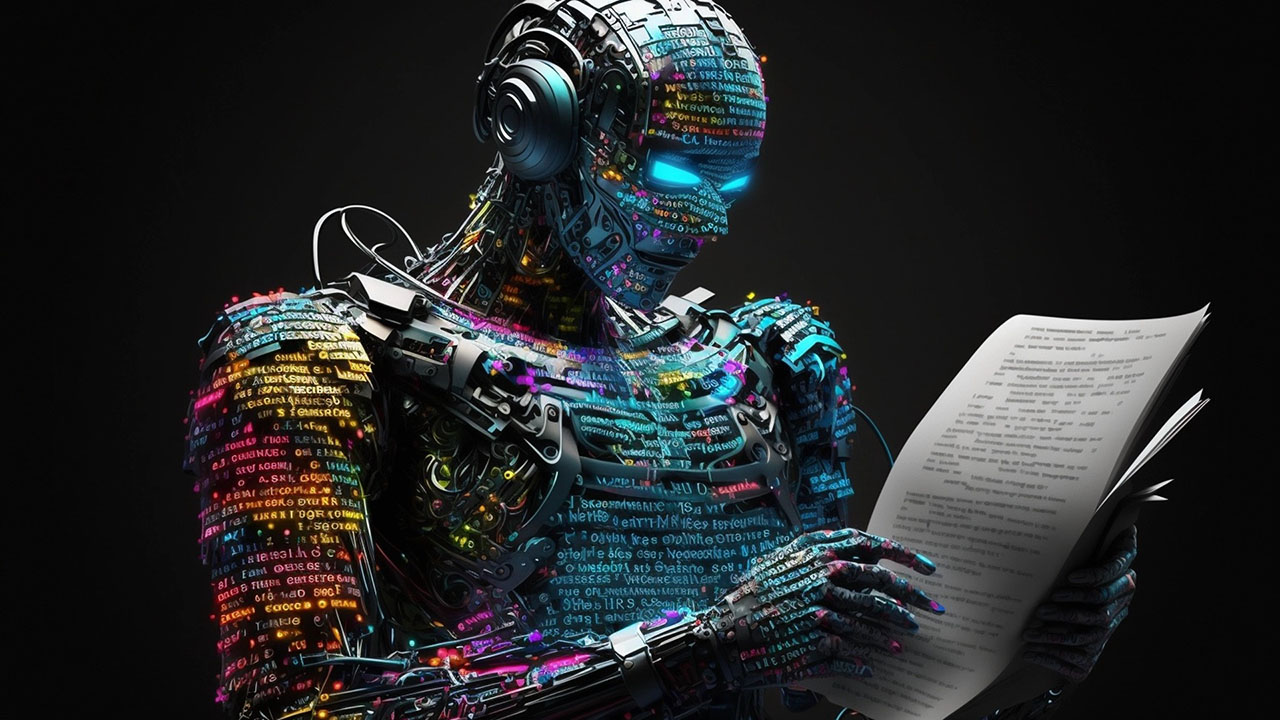
The Writer's Guild of America (WGA) has set out its proposals for allowing the use of AI in script writing.
Yes, yes, we know, yet another AI story. But, it's important to realise that the ever increasing encroachment of AI into our lives is only going to become more intense, and industries need to take note. One industry that cannot afford to be behind the curve is film production, and the Writer's Guild of America is getting in there early.
The WGA, as it's otherwise known, has been concerned about how the use of AI could affect writer's payments and royalties. There's always been a danger that if AI is used in the construction of film scripts, that it could affect the writer's bottom line. Now, we know what you're thinking; if the writer hasn't produced the script, why should they be paid for something they haven't done?
Well, the WGA is taking the stance that writers should be allowed to use AI as an assistive tool, and that the finished product will not consider the AI as "literary" or "source" material. These definitions are incredibly important, because if the AI was considered as such, the writer could stand to lose out considerably.
The WGA's proposal to regulate use of material produced using artificial intelligence or similar technologies ensures the Companies can't use AI to undermine writers' working standards including compensation, residuals, separated rights and credits. #WGAStrong 🧵1/7
— Writers Guild of America West (@WGAWest) March 22, 2023
Original scripts
Take, for example, a scenario where a film executive hands a writer an AI generated script that they want sculpted and polished into a final product. Without the WGA defining these terms, the AI could be considered to be the literary producer, and hence the writer losing their relevant credit. By defining the terms such that the AI cannot be considered the literary producer or source material, it cannot be credited as the writer. This is also important because there is the potentially thorny issue of the AI system creators considering themselves the "writers".
This is all well and good, however the WGA has not set out conditions where the AI itself is the sole producer of an entire script. Another problem is that, currently, AI systems all use similar sources to base their outputs on, so it is a high risk that two writers may come up with two very similar scripts.
[Update: the WGA has doubled down on this viewpoint, stating that "It is important to note that AI software does not create anything. It generates a regurgitation of what it's fed.
"If it's been fed both copyright-protected and public domain content, it cannot distinguish between the two. Its output is not eligible for copyright protection, nor can an AI software program sign a certificate of authorship.
"To the contrary, plagiarism is a feature of the AI process." - Ed, and our italics.]
Of course, the entire idea of using AI for generating film scripts, or even the basis of a story, may well fall into the sphere of "what fresh hell is this?" for many people. But, the important thing here is that while current technology might not quite be there yet, it will advance very quickly, there for it is important for organisations like the WGA to get a handle on things early on before it becomes a real problem.
Tags: Production Business


Comments